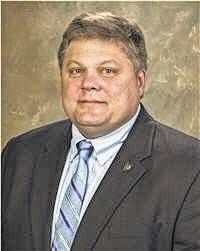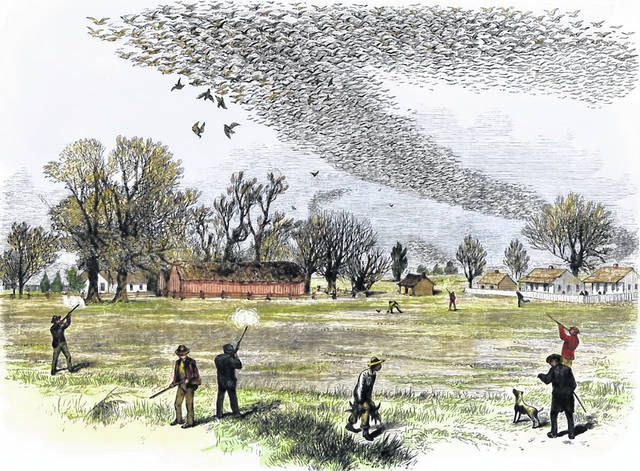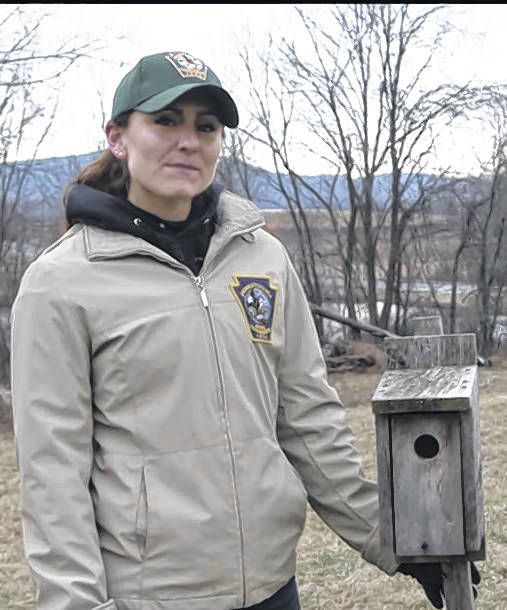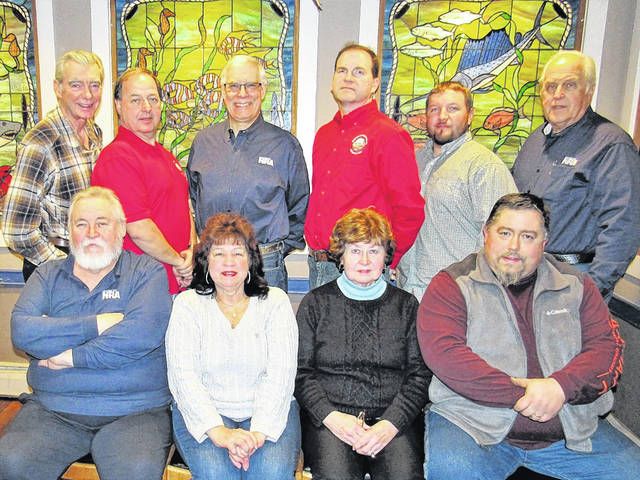Click here to subscribe today or Login.
As the new executive director of the Pennsylvania Game Commission, Bryan Burhans has a lot on his plate. From dealing with financial challenges to trying to find a middle ground with a myriad of issues facing sportsmen, Burhans doesn’t the view the heavy workload as a burden.
It’s an opportunity.
As someone who grew up in southeastern Pennsylvania archery hunting for deer, pursuing rabbits and pheasants and trapping, Burhans is well aware of Pennsylvania’s strong outdoors tradition.
After graduating with a master’s degree in wildlife and fisheries biology from Frostburg State University and a bachelor’s degree in wildlife science from the Pennsylvania State University, Burhans left the state to pursue a career in conservation at various levels.
Burhans returned to Pennsylvania in 2014 as a deputy executive director of the PGC. He was named executive director in March.
Here’s a look at how Burhans intends to tackle the issues facing the PGC:
TIMES LEADER: Governor Tom Wolf recently made nominations to fill the two vacant seats on the PGC board. In addition, there are two other seats with terms expiring this year. How important is it to you to have a full eight-member board while the agency is facing several critical issues?
Burhans: If I don’t have a quorum of six, I can’t pass anything. There were a couple of situations this past winter where a commissioner was sick and we were thinking of linking a cell phone for him just to have a quorum at the meeting. One of the many strengths of having a board from throughout the state is it provides for a diversity of views. They’re the eyes and ears making good decisions with science and public opinion, and marrying those two elements can be tough.
TL: The agency has been vocal about the need for a license fee increase. Considering it’s been more than 18 years since the last license fee increase, are you optimistic it will ever happen?
Burhans: I believe it will happen at some point. Hopefully soon. This issue is no different than what other wildlife agencies face around the country. It always comes back to the same argument — deer management. Almost every day we’re talking to legislators about it. We have Wildlife Conservation Officers working with sportsmen’s groups and I want to do that as well. I want to meet as many people as I can and talk about this. It’s important that we put a face to the agency, that we’re approachable and we listen.
TL: There’s been a lot of debate over the new $25 pheasant permit. Now that it’s been approved, how do you think it’s going to work?
Burhans: I think it will work fine. The agency was pushed into this situation because of the lack of a funding increase for the last two decades, and that was needed to save the (pheasant) program. We lost some of our small game hunting, and pheasant hunting keeps people engaged in small game. We’re still going to be producing pheasants – a few less than the past but more than in the past as well, and we’ll make sure we have pheasants for our youth programs.
TL: Some hunters are concerned about the $25 cost of the permit. Are you?
Burhans: I do hear that. It’s a very expensive program, not just to produce pheasants but to pay employees to get them out there for hunters repeatedly throughout the season. The pheasant permit allowed us to save the program, but it still costs us money. I view the pheasant program as a great investment. The return is the recruitment and retention of hunters. That’s a long-term investment.
TL: Deer remains at the forefront of all wildlife issues facing the agency, hunters and the public as well. What is your opinion on deer numbers in the state and varied opinions surrounding deer?
Burhans: The goal is to bring deer in line with the habitat. The issue comes back to some hunters saying they’re not seeing enough deer, but any given landscape can only hold so many deer. Do hunters want more, but smaller deer or fewer but better quality deer?
There will always be hotspots and coldspots when it comes to deer numbers. But we can continue to improve habitat with more prescribed burns and ramp up timber harvests. Habitat is always the driver and the discussion needs to focus on habitat.
Also, when it comes to creating habitat through timber harvests, the key is not just cutting trees but making sure that regeneration is beneficial so you don’t end up with a stand of nothing but beech.
TL: Sticking with deer, how concerned are you about the presence of chronic wasting disease in the state?
Burhans: It’s very serious. We shouldn’t sit back and say there’s no hope. We have to deal with it. We’re under a time constraint with this disease. In other states we’ve seen CWD build and then it eventually becomes exponential. We’re getting to that point now. We have plans to deal with CWD that we’ll be releasing soon.
TL: How important is the PGC’s public image with hunters and nonhunters alike and does it need to be improved?
Burhans: The relevancy of the agency is critical to our survival. We do a lot of good things that we need to tell people about. We were able to restore the bald eagle, peregrine falcon and wild turkeys to name a few. We have to be relevant to not only hunters but all of society. We have to learn to better tell that story of conservation.
We also need to have a strong relationship with legislators. They’re not an adversary. They can be an asset. There aren’t many hunters on the legislature, but we can develop more wildlife advocates among our legislators.
For other sports stories, click here.








